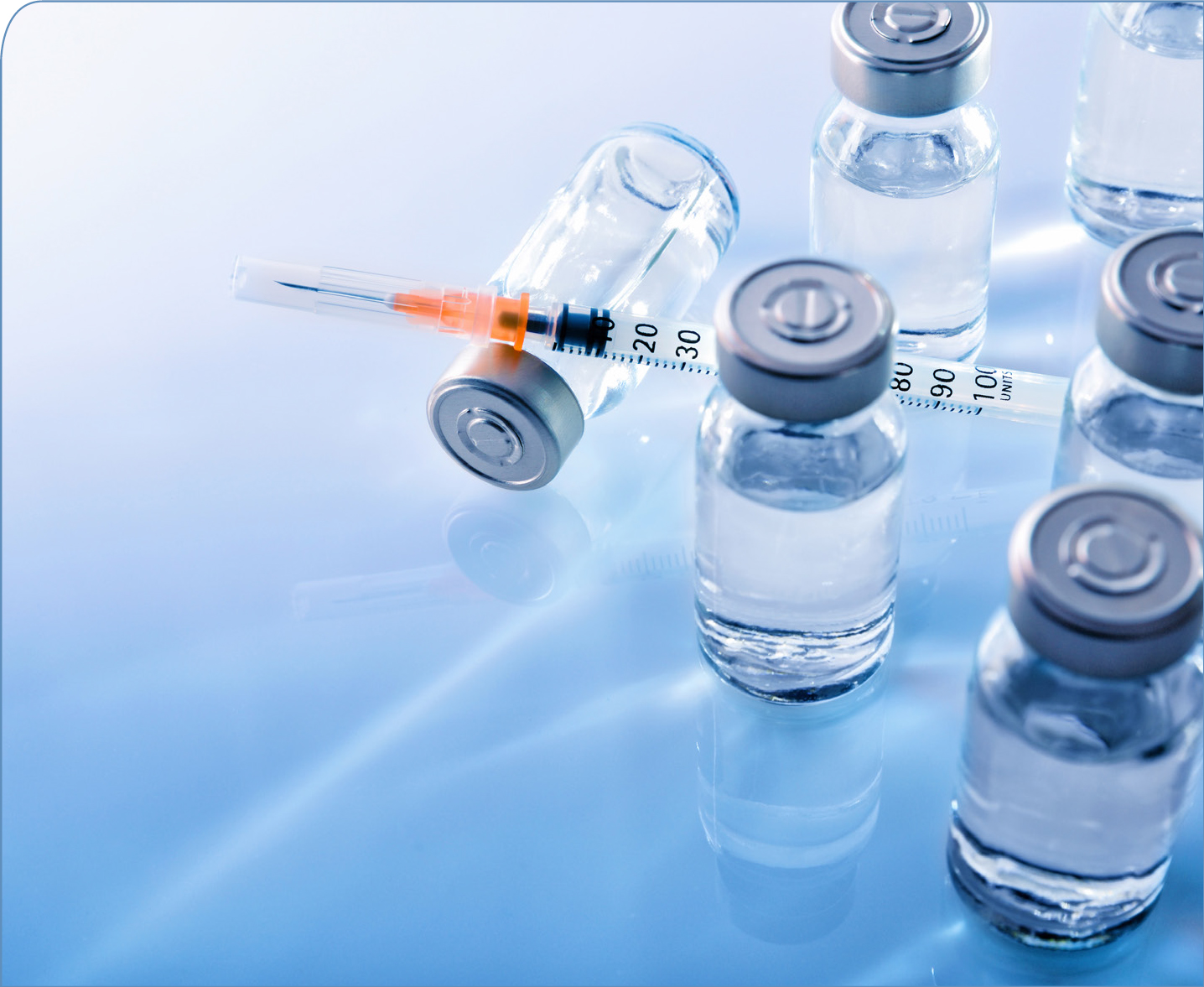Abstract
With the UK's Covid-19 vaccine roll-out now under way, the arrival of a potentially life-saving jab is no longer a dream. However, the scale of the logistical challenge should not be underestimated
From Volume 48, Issue 1, January 2021 | Pages 30-31
With the UK's Covid-19 vaccine roll-out now under way, the arrival of a potentially life-saving jab is no longer a dream. However, the scale of the logistical challenge should not be underestimated

The roll-out of the Covid-19 vaccines will require serious background preparation from the medical settings in which they are administered, with a focus on preserving the integrity of the cold chain through transport to point of treatment. It will be important to store them correctly to avoid medical waste and protect the public.
Locked-down families and businesses are placing huge store in a Covid-19 vaccine being widely available by spring 2021. Every jab will bring with it the promise of life returning to some kind of normality. However, purchase costs of this eagerly awaited vaccine will place a considerable additional burden on the NHS's overall vaccine budget, which currently stands at around £200 million a year, as will the delivery of a long-term mass vaccination programme.
Any contribution to mitigating the pressures on already overstretched health and social care budgets is therefore to be welcomed – and avoiding the waste of this incredibly valuable new vaccine is one way in which medical settings can play their part.
The active chemicals in all vaccines and other medications can change in molecular form when exposed to different temperatures, and the front-running Covid-19 vaccines from Pfizer and Moderna will be no different. For example, measles and the combined MMR vaccines could have their potency reduced by higher temperatures, while the hepatitis B and HPV vaccines are sensitive to temperatures which are too cold.
Vaccines naturally biodegrade over time, and being stored outside their recommended temperature range may speed up this loss of potency. This impact cannot be reversed, and a vaccine may then fail to create the desired immune response and give protection – unthinkable in the case of the Covid-19 vaccination.
The ‘cold chain’ is designed to protect vaccines and other biologics from point of manufacture, through their transportation to pharmacies, where they must be safely stored before being distributed to clinical locations such as GP surgeries.
During this process, Pfizer's vaccine must be kept extremely cold, at minus 70°C, while Moderna has said that its vaccine needs to be frozen, too, at minus 20°C. However, all of this is pointless if things go wrong in the final link of the chain – pharmacies, hospitals and GP surgeries.
“MMR vaccines could have their potency reduced by higher temperatures, while the hepatitis B and HPV vaccines are sensitive to temperatures that are too cold”
Once delivered, Pfizer's vaccine, like most vaccines can be stored for up to five days within strict 2–8°C parameters. Failure to store vaccines according to manufacturers’ strict temperature requirements can invalidate the expiry date and cause manufacturers to disclaim responsibility for any apparent failure of the medicine, as the safety and effectiveness of such medicines can be significantly compromised or unknown. To minimise this risk, pharmacies and GP practices should have named individuals responsible and accountable for the receipt and storage of vaccines and other heat sensitive medicines, and the monitoring and recording of fridge and ambient room temperatures. Crucially, refrigerators used for the storage of medicines must be designed specifically for that purpose.
Standard domestic refrigerators cannot be used for storing cold chain products for several reasons, including an uneven temperature distribution (as a result of minimal air circulation) and a normal operating range of between 0°C and 10°C.
Despite the positivity surrounding the announcement of the new Covid-19 vaccines, a recent editorial published in Nature revealed that unfounded anti-vaccine messages on social media are proving more effective at swaying undecided groups than proven scientific research (Bordon, 2021).
The World Health Organization has also sounded a note of caution, listing vaccine hesitancy as one of the top 10 threats to global health.
The Covid-19 pandemic has shone fresh light on the vital role that vaccines play in maintaining healthy communities, taking pressure off overburdened health services and keeping economies afloat.
It has, arguably, never been more important for pharmacies to embed good practice in their daily practices and procedures to ensure not one batch is wasted.